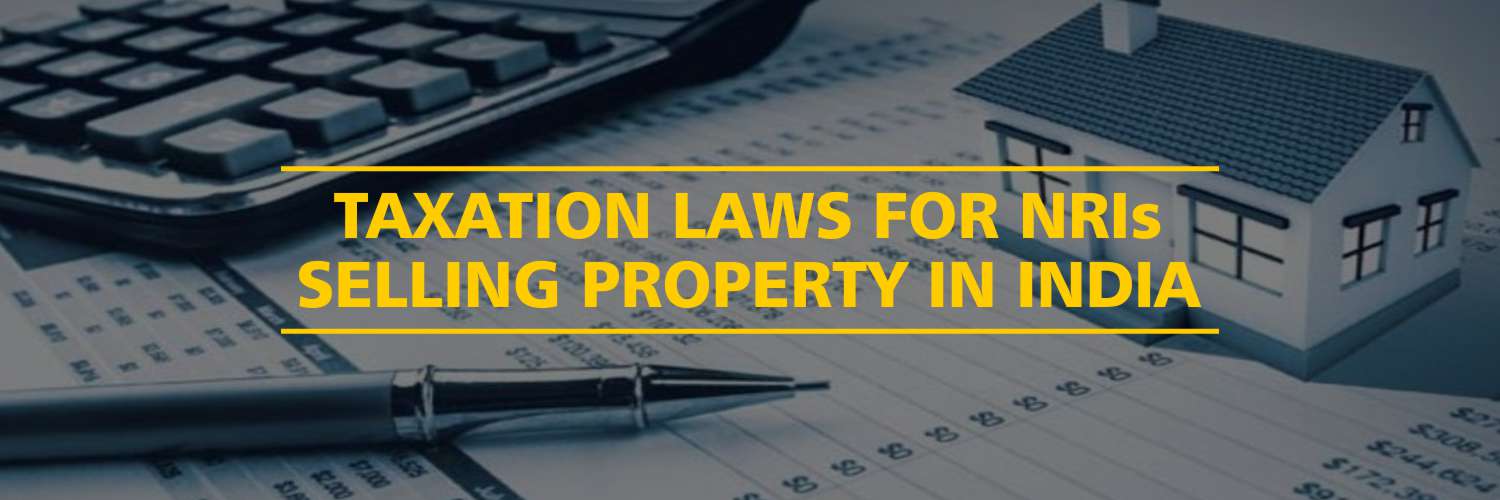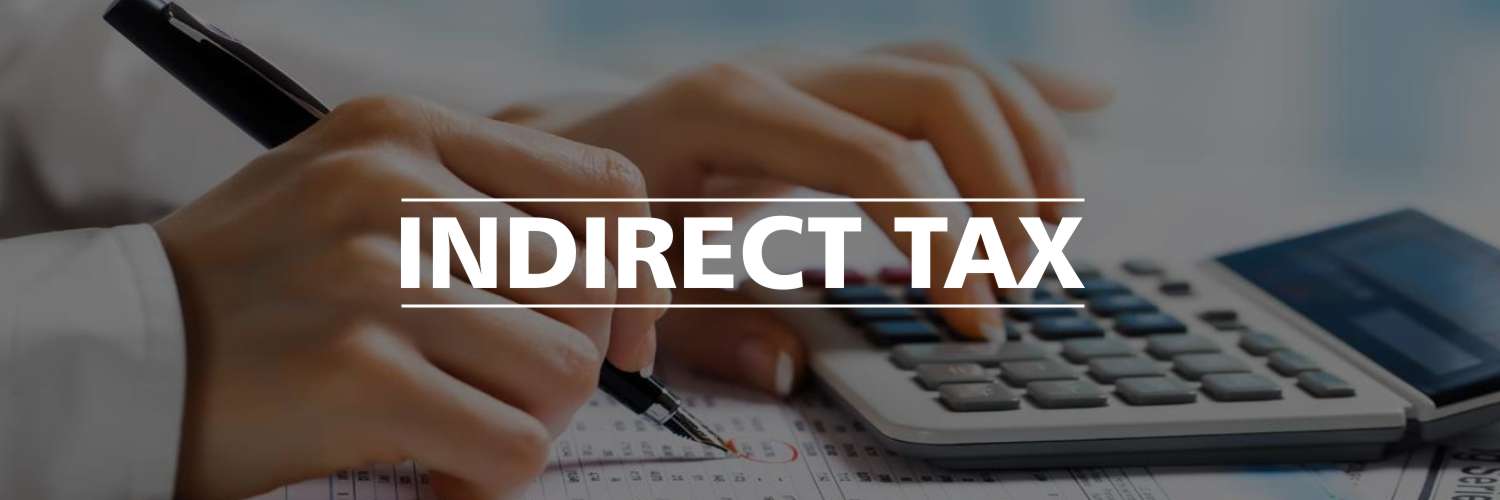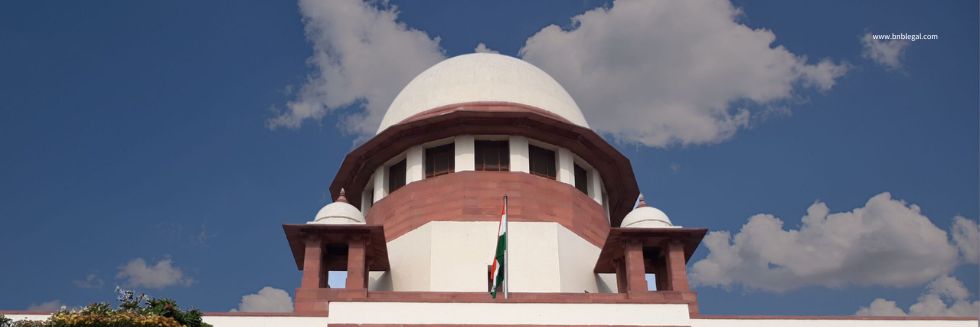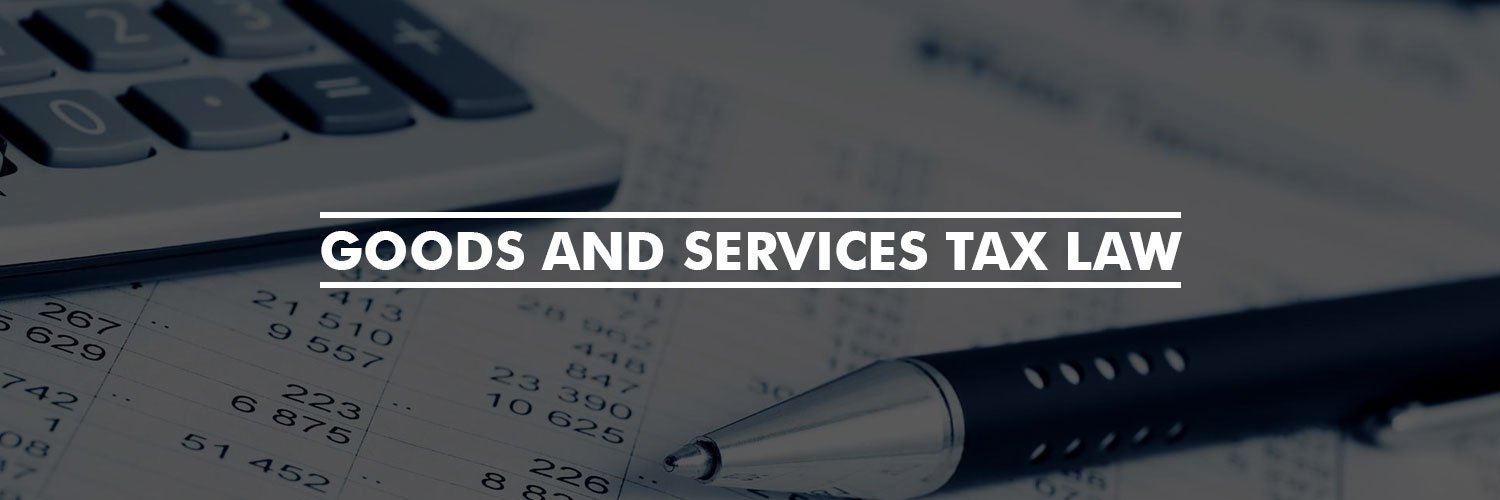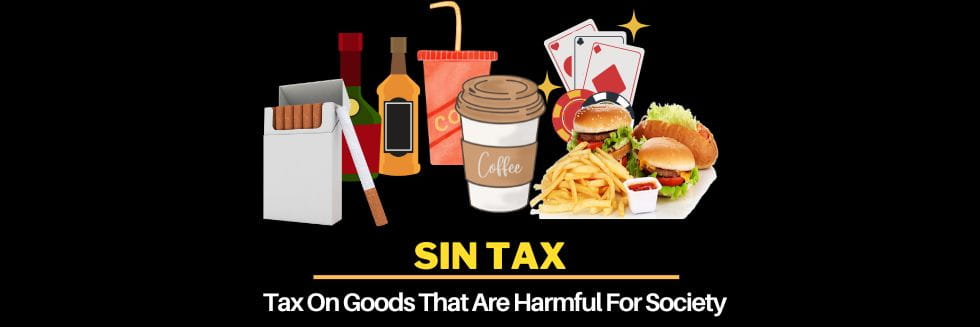Abstract
The Research Paper revolves around the concept of levying Service Charges in the restaurant and hotel industries. With the issuance of guidelines on the practice of service charges in restaurants on 4th July 2022, debates have started to stir up, with some applauding the guidelines and others standing against them. The paper tries to take a deep dive into the concept of service charges, especially from a legal perspective, with the help of legal provisions and case laws; and also tries to analyse the overall utility of the guidelines and their impact upon both the parties, that is, the consumers and the restaurant/hotel industry.
Introduction
On 21 April 2017, the Department of Consumer Affairs, in its guidelines, clearly stated that:
“A component is inherent in the provision of the food and beverages ordered by a customer. Pricing of the product, therefore, is expected to cover both the goods and service components.”
Following the same stance, The Central Consumer Protection Authority, on 4th July 2022 issued certain guidelines regarding the imposition of service tax by the restaurants and hotel industries. These guidelines were in conformation with the guidelines of 2017 on the same subject where on one hand, the consumers applauded the guidelines, on the other hand, it did not sit right with the concerned industry for apparent reasons. Where the impact of these rules upon the buyers will be positive and enable their freedoms as a purchaser; the cafés will really attempt to offer respectable support to the customers, it probably won’t have the most engaging impact upon the eatery enterprises and the representatives working in such ventures.
What Is Service Charge And How It Is Collected?
As the name implies, Service Charges are such charges that are collected for any service done. For example, when one’s television breaks down, one calls the company of the TV who sends a person to check the TV. Now, after the checking is done, the person is paid a service charge for his service. Likewise, there are many such sectors where service charge is collected by the customers for the service provided which is collected in addition to the product in the total bill. The restaurant sector also started this trend of collecting service charges for the service provided by the waiters and staff members in bringing the food to the table, refilling beverages and other services, especially in sit-down eateries.
With the evolution, globalisation and expansion of the restaurant industry, India has been introduced to all the different varieties of restaurants that exist in the world. Outdoor dining has become very popular which has led to an increase in the number of restaurant openings every year. India has a growing number of fast food outlet franchises like Domino’s, Mcdonald’s, etc. From fast food chains/ street food stalls to casual and fine dining restaurants, India has it all. Now, when it comes to Service Charges, it applies differently to different types of restaurants. For example, fine dining restaurants usually can be seen putting service charges, in addition to the total food bill; whereas, most street food restaurants/stalls do not put Service Charges on their bill. It is upon the customer to pay or not to pay for the service of the waiter/staff and this is known as the ‘Tip’. Tips are specifically given to the staff who served and provided service, while the general rule for service charge imposed in the bill is that it is amongst all the staff members of the restaurant. One more difference that is there between a tip and a service charge is that a tip is given by the customer at his own discretion or will, for example, if the customer likes the service of the waiter; whereas a service charge had been made compulsory by the restaurants. The standard rate of imposing service charges ranges from 10% to 20% of the total bill. There is no such rule or law written anywhere regarding the computation of service charges, but it is rather a customary rule.
Many times, it was also seen that the restaurants used to put up signs or boards that stated that service charge would be added in addition to the total bill and it was assumed and also claimed by the restaurants that whoever entered the restaurant had consented to the Service Charge terms and conditions of the restaurant, which created a binding contract between the restaurant and the customer. But other times, even such signboards were not put up and the customers were introduced to the service charge directly in their bill.
GST, VAT And Other Taxes On Service Charge
As mentioned above, service charges are generally 10% to 20% of the bill, i.e., if the bill is INR 5000, and a 10% charge is levied, then the service charge will be INR 500 and therefore, the total bill will come to INR 5500. Although this may prima facie seem like a small amount when compared to the initial bill, when such charges are taken from all the customers that come to the restaurants, then the revenue generated by the restaurant annually sums up to a very significant amount. Now the question is whether this annual service charge amount generated is included under taxable revenue or not.
Service Tax
Before the advent of Goods and Service Tax, a service tax was used to be collected by the bill in the restaurants which was anywhere around 5% of the total bill, as decided by the government of India. In those times, the bill had Service charge and Service Tax under two separate categories which meant that the Service Charge was not included under a taxable revenue. This system was apparently deteriorating for the government as it was losing a huge chunk of revenue.
VAT
This tax is levied at such restaurants/hotels, where alcoholic drinks are served. It may range anywhere from 5% to 20% and varies from one state to another state. GST is not applicable to alcohol. But as far as service charge is concerned, VAT is not levied upon that.
GST
Thereafter, GST was introduced in the country, and an act called the Goods and Service Tax Act was passed by the Parliament on 29th March 2017 and the Act came into force on the 1st of July 2017. By virtue of this Act, Service tax was eliminated and GST took over its place. The significant feature of GST is that it also covered the Service Charge imposed by the restaurants on the customers. It is charged on Transaction Value which is the actual price paid for the supply of both goods as well as services as is evident from Section 15(2)((c) which states,
“incidental expenses, including commission and packing, charged by the supplier to the recipient of a supply and any amount charged for anything done by the supplier in respect of the supply of goods or services or both at the time of, or before delivery of goods or supply of services.”
Therefore, the government is now actually able to benefit by levying a tax, that is the Goods and Service Tax on service charges as well.
Problems With Service Charge
Many sectors collect service charges in addition to the main product. For example, industries like banking, health sector, tourism, etc. But, the restaurant/hotel industry attracted controversies regarding their service charges. Many complaints are made against it by the customers. The main problem arises when the customers are introduced to this extra charge directly in their bill, as discussed above. When a customer enters a restaurant and he is not made aware by the restaurant about the service charge condition, then, under such circumstances he had consented to pay the amount as mentioned in the menu card and not the bill inclusive of the Service charge. Therefore, the addition of the charge to the bill creates a problem for the customers.
Secondly, even when the customer is made aware of the condition beforehand, it is not always guaranteed that the service will be up to the mark, and in such conditions, the restaurants tend to compel and force the customer to pay the service charge, which again is humiliating for the customer and resultantly problematic. Under such circumstances, tips as against service charges are more apt because the tip is discretionary to the customer, while the service charges are made compulsory by the restaurants.
Thirdly, because a service charge guarantees the staff their additional payment, they did not pay much heed to provide a decent service.
Cases Related To Service Charge
Because of the problems concerned with service charge, many consumers took the matters to Consumer Forums.
Punjab Grill Restaurant v. Sh Jai Jeet Singh, IPS
This case was decided on 17th July 2018 by the State Consumer Dispute Redressal Commission, Maharashtra.
Facts:
The complainant, Jai Jeet Singh, filed a complaint in the District Consumer Forum, Mumbai to get back an amount of INR 181.50 paid by him to the restaurant (opponent) as a service charge along with cost and compensation despite the service being not up to the mark. He also faced rude behaviour from the staff.
Judgement:
The State Consumer Dispute Redressal Commission decided that the imposition of the service charge was wrong and imposed payment of cost and compensation along with the service charge on the restaurant.
Arkadeep Sarkar v. Yauatcha, Kolkata
Facts:
In this case, a complaint was filed by the complainant against the restaurant (opponent) in the District Consumer Dispute Redressal Commission, Kolkata, under Section 12 of the Consumer Protection Act, claiming the service charges paid by him along with cost and compensation. A service charge of INR 308 was added to their bill. Upon denying payment of the service charge, the staff behaved rudely because of which the complainant had to pay the service charge to ward off any embarrassment.
Judgement:
The forum stated that the conduct of the opponent party was illegal, mala fide and contrary to the principles of law as stipulated under the Consumer Protection Act and also that the opponent had committed unfair trade practices toward the complainant. The forum ordered a refund of the service charge and also imposed cost and compensation.
2017 And 2022 Guidelines Related To Service Charge
Considering the problems with Service charges and also the rising number of cases, the government issued certain guidelines:
2017 Guidelines:
On 21st April 2017, the Ministry of Consumer Affairs, Food and Public Distribution (Department of Consumer Affairs) issued Guidelines on Fair Trade Practices Related To Charging of Service Charge from Consumers by Hotels/Restaurants. The significant features of the guidelines can be summed up in the following points:
- The guidelines clarified the doubt about the Service Charge being a part of the taxes. It stated that Service Charge is not a tax and therefore not mandatory to pay.
- It also laid down that service is inherent in food ordered and therefore, the pricing of the product is expected to cover both the goods and service components.
- It also mentioned ‘basic minimum service’ for which charge cannot be imposed and customers can pay additional tips if they like any extraordinary service by the restaurant.
- The guidelines enlist the procedure for imposing service charge. It stated that the service charge column on the bill may be left blank for the customer to fill up and should also mention that it is voluntary.
2022 Guidelines:
The Central Consumer Protection Authority (CCPA) issued the guidelines on Service Charge in hotels and restaurants on the 4th of July 2022. These guidelines were issued under Section 18(2)(l) of the Consumer Protection Act, 2019. These guidelines were issued in addition to the 2017 guidelines. The significant features are as follows:
- Hotels/restaurants were barred from automatically adding service charge to the bill.
- Collection of service charge by other names was barred.
- It was stated that hotels should not force a consumer to pay such charge.
- It laid down that service charge should not be collected by adding it along with the bill and levying GST on the total amount.
What Do The Restaurants Say About Service Charge?
The restaurant/hotel industry was apparently not content with the guidelines issued by the Department of Consumer Affairs. The industry had its own contention that it put forward. The National Restaurant Association of India (NRAI) and other such restaurant associations have questioned the legal validity of the guidelines.
It was also claimed by them that what was issued were mere guidelines and not any law as such and also questioned the enforceability of the same. The courts of India have already answered the issue that whether guidelines can be termed as law.
In the case of Narendra Kumar Maheshwari v. UOI & Ors., the court decided, “guidelines, by their very nature, do not fall into the category of legislation, direct, subordinate or ancillary. They have only an advisory role .to play and non-adherence to or deviation from them is necessarily and implicitly permissible if the circumstances of any particular fact or law situation warrants the same. Judicial control takes over only where the deviation either involves arbitrariness or discrimination or is so fundamental as to undermine a basic public purpose which the guidelines and the statute under which they are issued are intended to achieve.”
But, later on in the year 2011, the Supreme Court of India in the case of Syndicate Bank v. Ramchandran Pillai and Ors held, “If any executive instructions are to have the force of statutory rules, it must be shown that they were issued either under the authority conferred on the Central Government or a State Government or other authority by some Statute or the Constitution. Guidelines or executive instructions which are not statutory in character are not ‘laws’, and compliance thereof cannot be enforced through courts. Even if there has been any violation or breach of such non-statutory guidelines, it will not confer any right on any member of the public, to seek a direction in a court of law, for compliance with such guidelines.”
Therefore, as per the Syndicate Bank case, the guidelines issued by the CCPA have the force of statutory rules as they were under Section 18(2)(l) of CPA.
Legal Provision Related To Service Charge In Restaurants
The most significant contention made by the Central Consumer Protection Authority (CCPA) was that the forceful imposition of the Service Charge on the customers formed a part of Unfair Trade Practices. As has been mentioned under the Guidelines of 4th July 2022, “placing an order involves consent to pay the prices of food items displayed in the menu along with applicable taxes. Charging anything other than the said amount would amount to unfair trade practice under the Consumer Protection Act, 2019.” Unfair Trade Practice has been defined under Section 2(47) of the CPA, 2019 as “) which says that unfair trade practice means a trade practice which, for the purpose of promoting the sale, use or supply of any goods or for the provision of any service, adopts any unfair method or unfair or deceptive practice”.
Another point that was tackled in the guidelines is that any restriction of entry based on the service charge amounts to a trade practice which imposes an unjustified cost on the customer by way of forcing him to pay the service charge as a condition precedent to placing an order. ‘Restrictive Trade Practice’ is defined under Section 2(41) of the CPA, 2019, which states that “restrictive trade practice” means a trade practice which tends to bring about manipulation of price or its conditions of delivery or to affect the flow of supplies in the market relating to goods or services in such a manner as to impose on the consumers’ unjustified costs or restrictions and shall include—
(ii) any trade practice which requires a consumer to buy, hire or avail of any goods or, as the case may be, services as a condition precedent for buying, hiring or availing of other goods or services.”
Therefore, on the basis of the above-mentioned provisions, forceful payments of service charges levied by restaurants were termed illegal.
Conclusion
The guidelines issued by the Department of Consumer Affairs will most certainly have mixed consequences.
Where the effect of these guidelines upon the consumers will be positive and empower their rights as a consumer; the restaurants will actually try to provide decent service to the consumers, it might not have the most appealing effect upon the restaurant industries and the employees working in such industries. The average salary of a waiter and other similar-level staff working in the restaurant/hotel industry ranges grossly between INR 2 Lakh to INR 3 Lakh annually. The service charges paid by the customers do really help them out in terms of the financial aspects.
As said by the former President of NRAI, Riyaz Amlani, “Service Charges benefit 6 million people employed in the industry and more than 60% of these employees depend on service charges to augment up to 30% of their income.”
Other consequences are as follows:
- To make up for the loss in service charges, the restaurants may increase their prices on the menu.
- Small restaurant business will be greatly hampered.
- The government may face a loss in revenue from the tax levied upon service charges.
- It may also lead to the retrenchment of employees in the industry.
Consequently, although, according to the guidelines, the imposing of a service charge is not illegal (only forcing the customers to pay is illegal), it has been left to the discretion of the customers to pay or not to pay. It is anticipated that most customers, especially in small to mid-range restaurants/hotels will refuse to pay the service charges. Whereas the guidelines firmed up the rights of the consumers, the government will need to tackle the situation that the restaurant industry and especially its employees, who are already struggling to meet their ends, will be facing.
This article is written and submitted by Varsha Kumari Mishra during her course of internship at B&B Associates LLP. Varsha is a law student from Law College Dehradun, Uttaranchal University.


